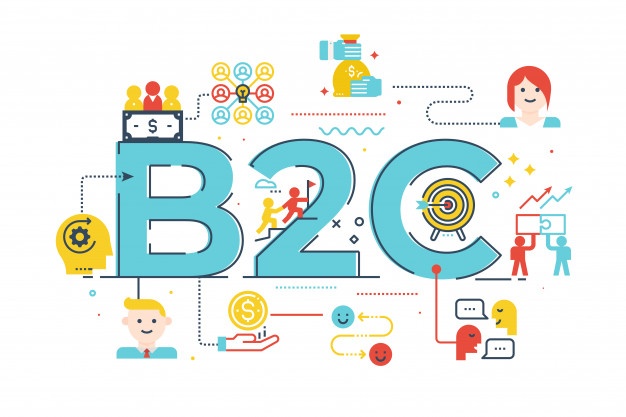
In business, leads are people who have shown interest in a company’s goods or services and could become customers. These leads are very important for businesses because they could mean more sales. Business-to-consumer (B2C) leads are especially important in the B2C market, where companies sell goods and services directly to consumers.
Types of B2C Leads
Marketing Qualified Leads (MQLs):
These are people who have shown interest in a business’s goods or services through campaign advertising. You could show that you are interested in getting a white paper, signing up for a newsletter, or going to a webinar.
Sales Qualified Leads (SQLs):
These are leads that have been checked out and found to be ready for direct sales. Usually, this choice is made based on things like price, authority, need, and time frame (BANT).
Product Qualified Leads (PQLs):
Leads can sometimes be qualified by how they use the product. A lead who signs up for a free sample of a software program might be an example of a PQL.
Generating B2C Leads
Companies use a variety of methods to gather B2C leads, including:
Content Marketing:
Creating valuable content that attracts and engages potential customers. This could include blog posts, videos, infographics, and more.
Social media marketing:
Social media platforms are used to reach and interact with a specific group. Examples are organic posts, paid ads, and relationships with influencers.
Email Marketing:
To keep leads interested and get them to act, you should build an email list and send them focused emails.
Search Engine Optimization (SEO):
Getting website content to rank higher in search engine results pages (SERPs) and get more visits from search engines.
Paid Advertising:
Reaching more people through paid ads like Google Ads, Facebook Ads, or sponsored content.
Read MORE: https://prodatahunters.com/what-are-leads/
Visit: https://showbizz.homes/
Managing B2C Leads
As soon as you get leads, you need to handle them well to get the best conversion rates. This includes the following:
Lead Segmentation:
Leads are split into groups based on things like their demographics, hobbies, and behavior.
Lead Nurturing:
Leading leads through the sales funnel by giving them useful information and personalized messages.
Lead Scoring:
To prioritize follow-up endeavors, leads are assigned a score according to their conduct and level of engagement.
CRM Integration:
Customer Relationship Management (CRM) software helps you keep track of and handle leads well.
Conclusion
Finally, B2C leads are an important part of the sales process for companies that sell directly to customers. Businesses can increase their chances of turning leads into loyal customers by learning about the different kinds of leads and techniques for getting and handling them.
